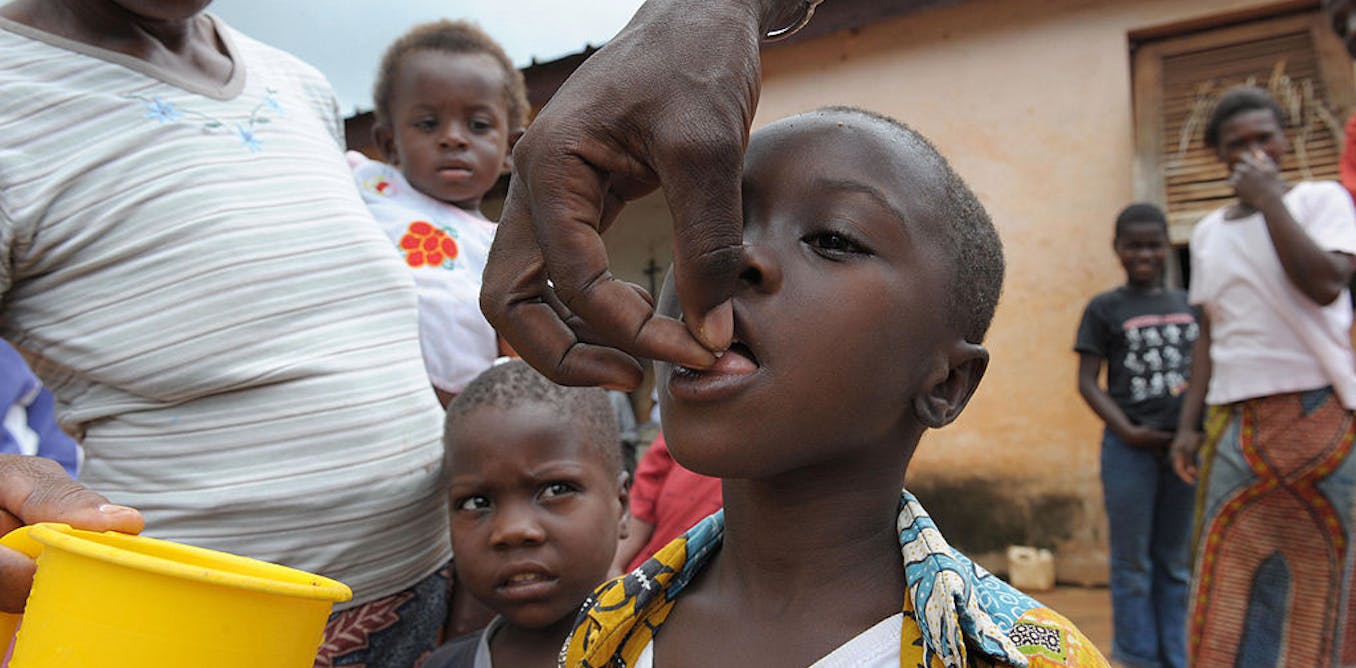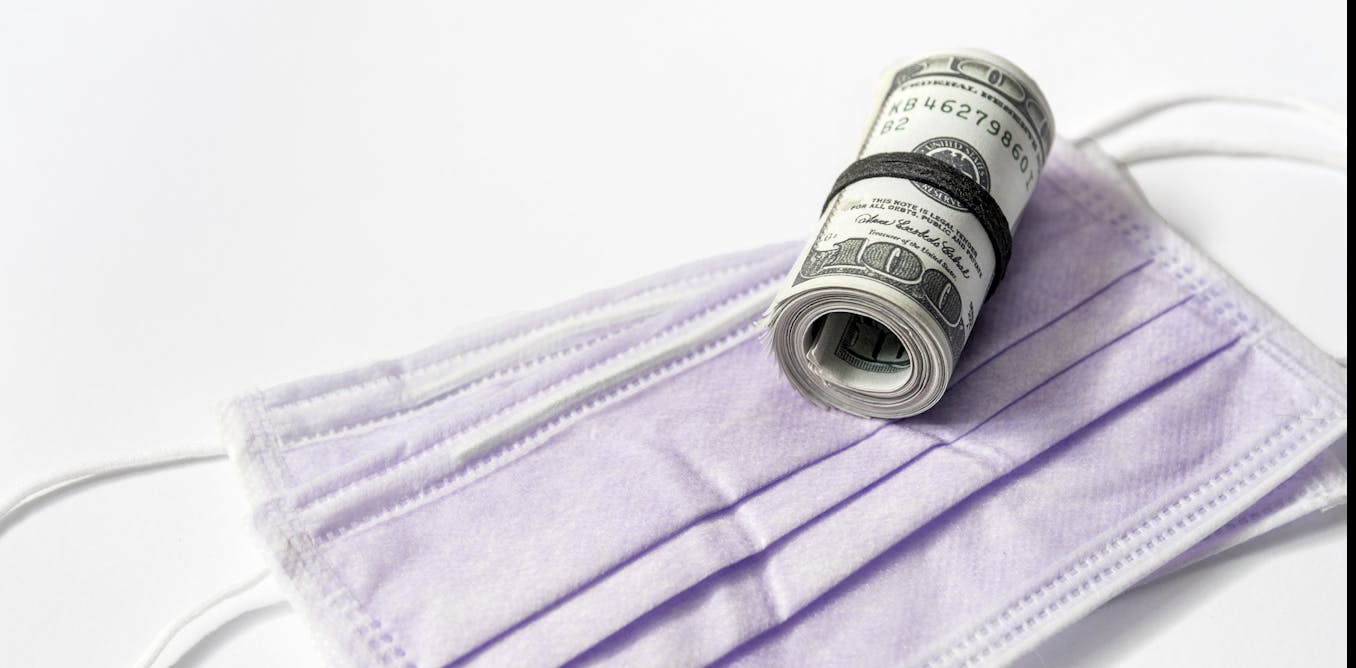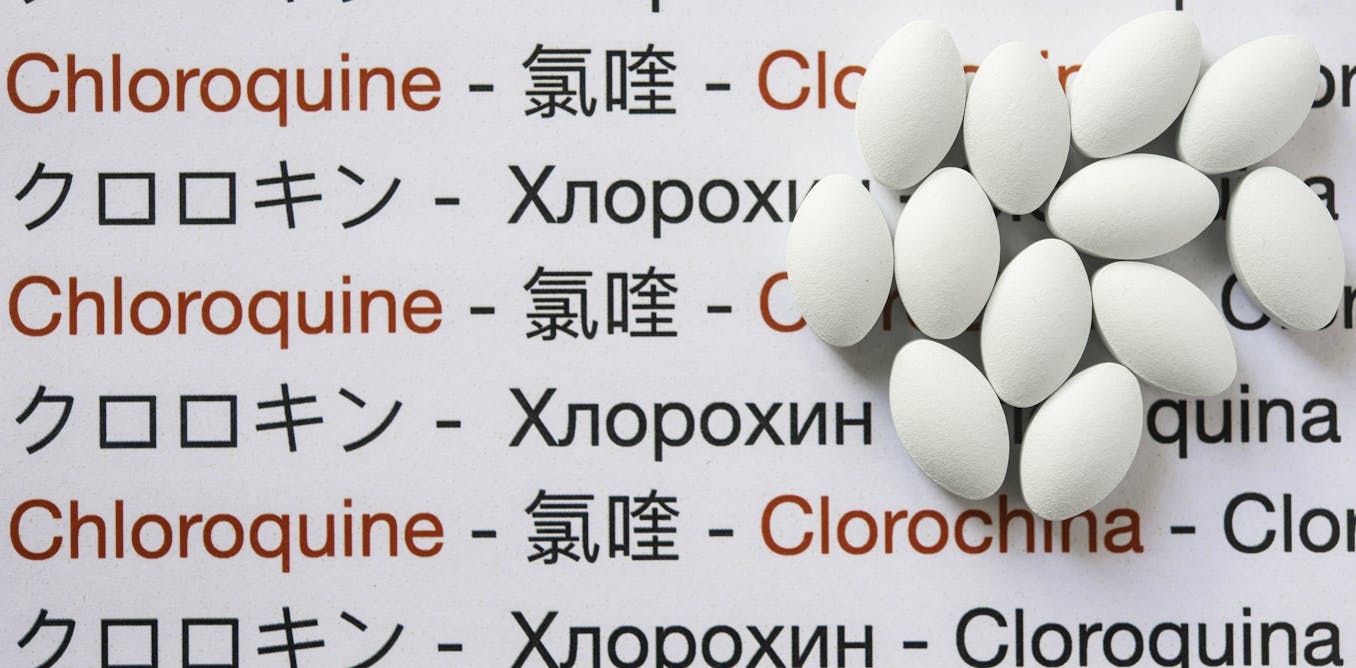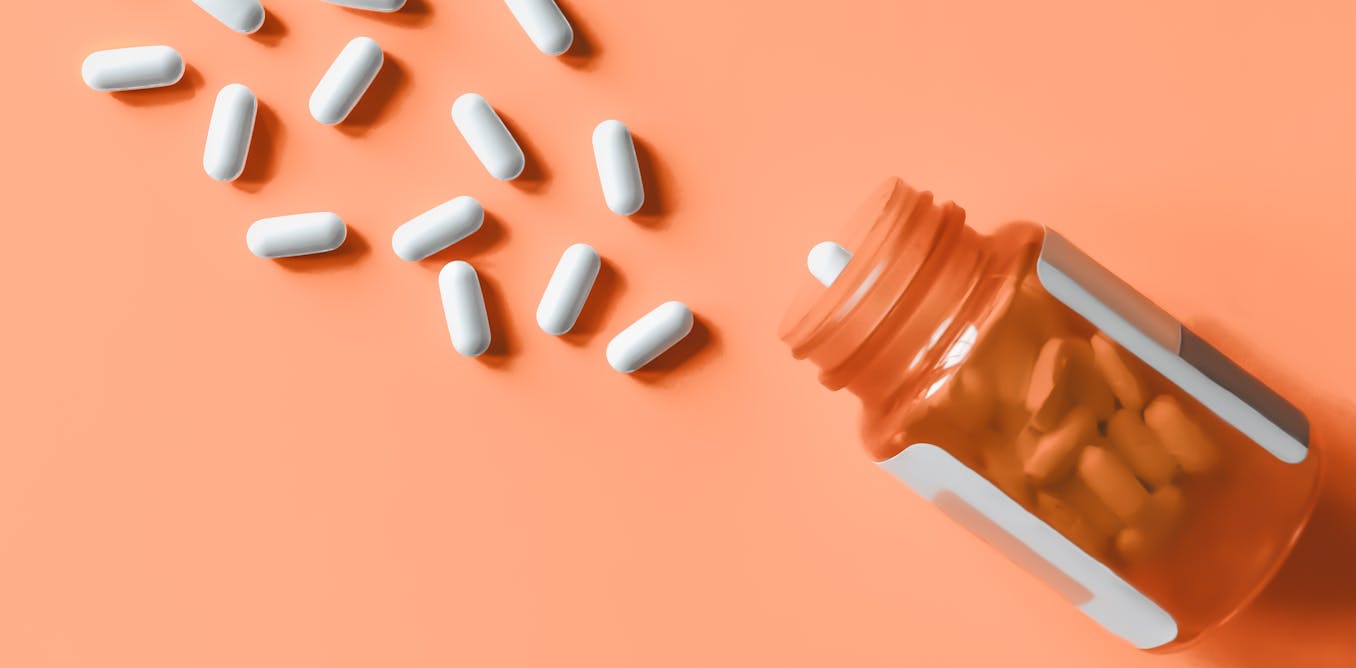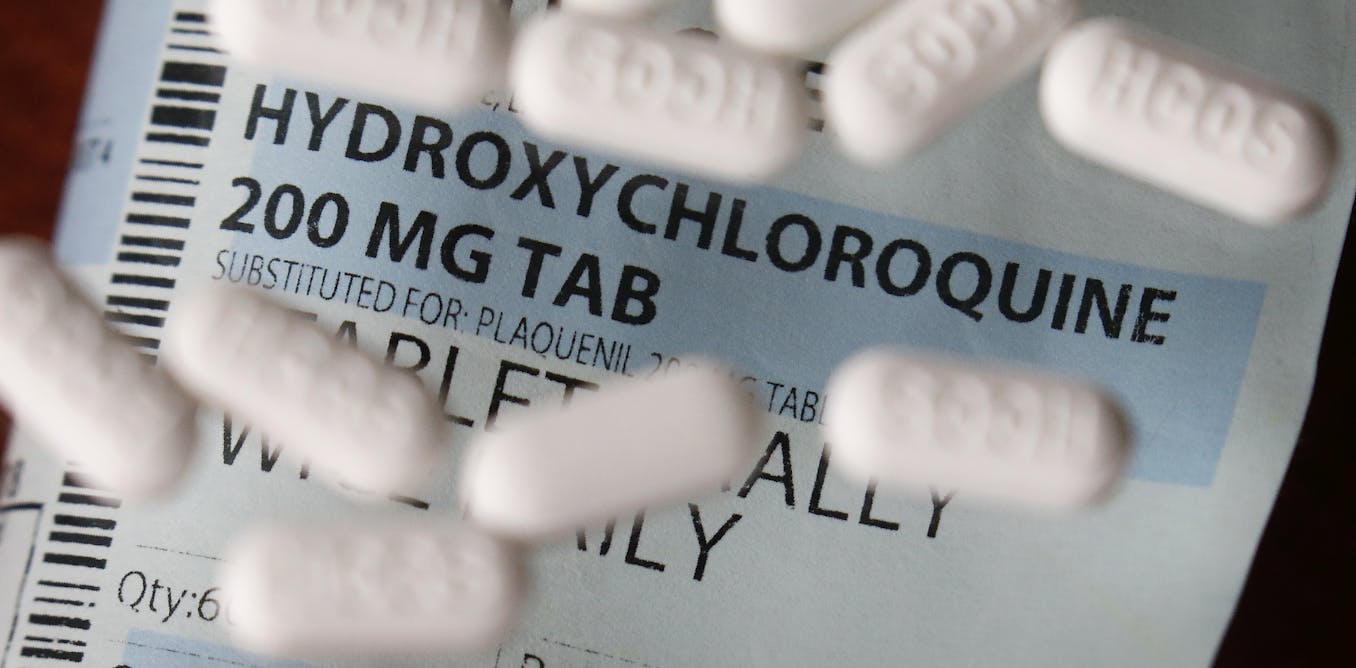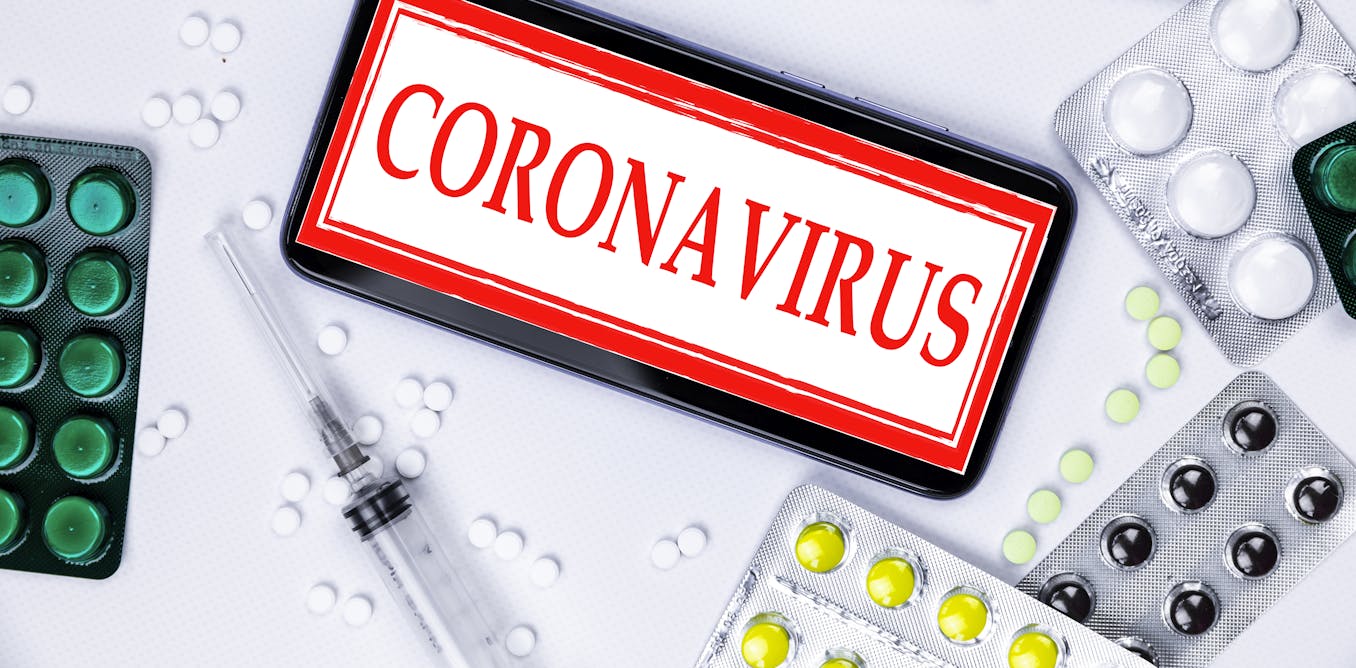Ivermectin is a Nobel Prize-winning wonder drug – but not for COVID-19
Ivermectin has been a lifesaving drug for people with parasitic infections like river blindness and strongyloidiasis. But taking it for COVID-19 may result in the opposite effect.
Oct. 14, 2021 • ~10 min

